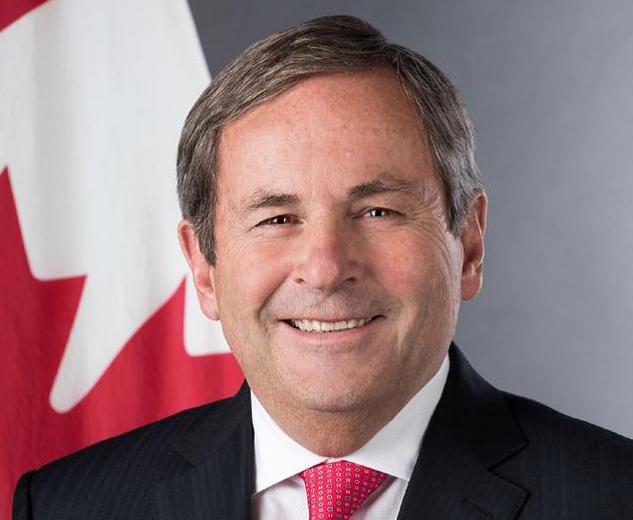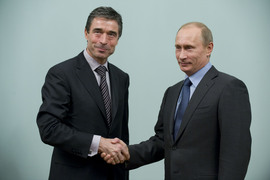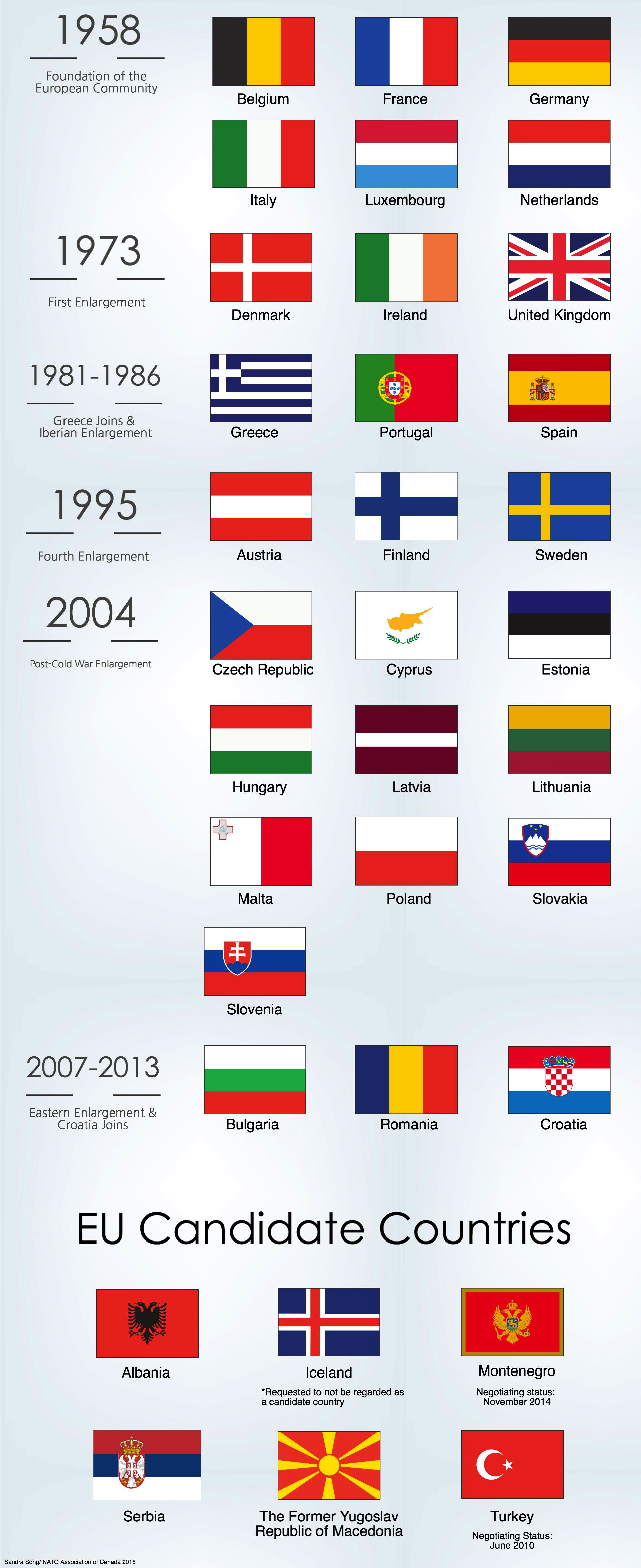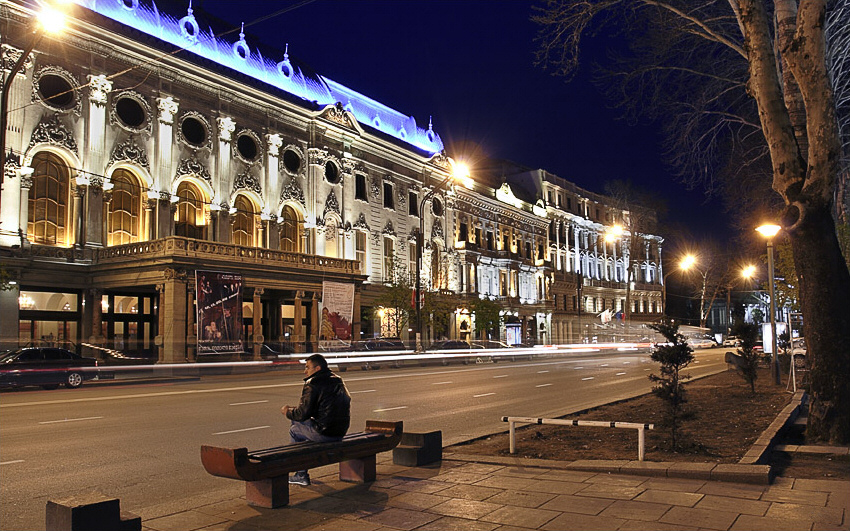David MacNaughton serves as Canada’s Ambassador in Washington during an important time in the history of Canadian-American relations. He brings with him extensive experience in public affairs, which he gained by building a successful government and public relations company; he later became President of Canada’s largest government and public relations firm, and, subsequently, North American President of the world’s largest public relations firm. He was President of Strathshore Financial from 1995 to 2003, and later served as an advisor to one of Canada’s leading investment banks. His experience in government includes working at the provincial and federal level, specifically as an advisor to the Minister at the Departments of Transport, Industry and Foreign Affairs; from 2003 to 2005 he was principal secretary to the Premier of Ontario. From 2005 until beginning his term as Ambassador in 2016, he was the Chairman of StrategyCorp.
In this interview, Ambassador MacNaughton talks to Michele Di Leo about the critical policy issues concerning Canada’s relationship with its most important ally.
I would like to begin by talking about your personal experiences having to do with education, career, and so on. How did all of this play a role in encouraging you to pursue a career in public affairs?
DM: I taught school in France for a year after graduating from high school. Being away from home gave me an appreciation of Canada that I had not realized before. When I went back to Canada and entered university, I decided to take political science and history because I was interested in public policy.
I actually got involved in politics at university by accident. I went to a Liberal Students’ Convention in Halifax, and I was elected President for the Atlantic Provinces. There were two other people running for President and nobody seemed to like them, so I entered at the last minute and won [laughs].
The following summer, I got a job as an assistant to a Cabinet Minister. He asked me to come back the next summer and join his staff; I was 22 years old if I remember. I eventually became his Chief of Staff and stayed for six and a half years, working in transport and what was Industry, Trade and Commerce, and Foreign Affairs at the time. When I left, I decided I would set up my own public affairs business; I was 28 years old, with half a secretary, but things worked out well since then I guess.
What do you think were the most critical skills that you developed as you started your business, and have proven to be the most useful throughout your career in business and diplomacy?
DM: When you’re an entrepreneur and in business, you have to learn multiple skills. Things are not going to happen unless you make them happen for yourself. I became a self-starter because I did not have much of a choice. The other thing when you try to build a business is that you learn a whole series of skills that you may not have learned in school, such as accounting, and dealing with banks and lawyers.
I also learned early on that it’s best to surround yourself with smart people, because no matter how smart you think you are, you could always benefit from having other smart people around you. Some people are worried about having smart people around them, because they think they’ll outshine them. I’ve learned however that you actually look better.
You’re now in Washington as Canada’s Ambassador during a critical point in the relationship between our two countries. What has been Canada’s strategy on dealing with the new Administration?
DM: We decided before and immediately after the election that it was critically important to build relationships, and focus on the similarities between the policies that the President has enunciated during his campaign, and Canadian government policy; for instance, both the Prime Minister and President emphasized the importance of infrastructure and creating good-paying jobs for the middle class. Obviously, the trading relationship is important for both our countries, so we have attempted to highlight how important Canadian trade is to American workers.
We have developed some very good working relationships with the Administration since then.
We haven’t had too much in the way of detailed negotiations on substantive issues like NAFTA, mostly because they are a new government. Most of the Cabinet Secretaries have only recently been confirmed and the U.S Trade Representative has not yet been confirmed.
As Canadians, we’re a bit worried about President Trump’s comments on NAFTA, but our Prime Minister mentioned that he would be open to discussing it. Do you foresee any significant changes and do you feel that we as Canadians are prepared to respond to possible changes?
DM: We’re very well-prepared in the sense that we know what we would like to see out of a renegotiated or updated NAFTA. Also, we’ve got a pretty good handle on what we think the Americans will want, and what we want the Canadian position to be. But you’ll never know until you sit down and see what they propose.
The other thing we must realize is that the Administration’s focus on changes having to do with NAFTA concern Mexico more than Canada. It’s not that we won’t be caught up, but it’s not focused on us too much.
How do you think Canada can promote the benefits of open trade in an era of growing protectionist sentiment?
DM: I think we have to find a way to talk about trade in a way in which the population around the world understands it. The problem right now is that “Free Trade” has become a bad term. The reason is because of the perception that the beneficiaries of it are a small segment of the population, and a significant segment of the population is suffering because of it. Many of the companies and workers who have benefitted from the growth of global trade, and will continue to benefit from it, need to find a way to connect with people and help them to understand the benefits. We need to also assist people who are struggling with the impacts of more open trading patterns, and make sure that the transformation of our economy doesn’t leave people behind.
I suppose we can also think about how that message played a role in President Trump’s ability to win disenfranchised voters, especially in the Rust belt.
DM: I think the real challenge in the Rust Belt is not trade so much as technology and automation. If we think about us, Canada definitely needs open trade because we have 35 million people. If we are going to raise our living standards and have long-term sustainable development, we need to promote rules-based global trade.
The other thing is that if we are going be able to promote global trade, we need to get to the point where people realize that there is lifelong learning. You don’t just go to school, get an education and that’s the end of your acquisition of knowledge. We have to be open to changing jobs and skills throughout our lifetime. That has not been the message that kids get when they go to school.
As part of our economic relationship, we’re partners on energy. How can Canadian energy remain competitive in the wake of the carbon tax, and President Trump’s apparent lack of commitment to climate change initiatives?
DM: I was with the Prime Minister in Houston a few weeks ago, and he spoke at one of the largest international energy conferences in the world. He talked about our balanced approach, which emphasizes both the importance of dealing with climate change, and the commitment of getting our natural resources, including our fossil fuels, to market. The fact that the government has approved two pipelines in the last six months is also a positive sign.
I think the emphasis on carbon pricing is about making sure that people are innovating to reduce their carbon footprint. In the oil sands, we’ve been remarkably successful in reducing emissions with technology.The PM has repeatedly stated that it’s a false choice to say that it’s either dealing with climate change or economic growth; you can achieve both at the same time. I was struck by how much the message resonated with the oil and gas industry.
Just transitioning to foreign policy, what are the most foreign policy issues that we are working on with our American colleagues?
DM: Obviously, the geopolitical situation has changed substantially over the last decade. We are facing multiple threats that may not have been there in the past. Since World War II, the global situation was dominated by the Cold War between two superpowers. With the fall of the Soviet Union, there was only one superpower, the U.S.
What we have seen more recently is the emergence of China as a significant global power. Also, the increase in international terrorism, plus the behaviour of regional bad actors like Iran and North Korea is of concern. So the simplicity, if you will, of our partnership, and our growth in defence and security has changed substantially. We’ve been partners in NORAD and NATO, and obviously we participated in UN peacekeeping missions. On a continuous basis, we are looking at how we can partner with the Americans on issues like the security of North America, terrorism, and the illegal movement of drugs and people.
The reality is that we are now facing a much more complex situation, which is why the government decided to undertake a defence policy review to determine how Canada can best play the role as a reliable and valuable ally as demands and needs change substantially.
A criticism directed at countries like Canada is that we don’t commit 2% of our GDP to defence spending, as all NATO members technically should. Do you believe that part of improving our commitment is to devote greater financial resources to military spending?
DM: First of all, it’s important that we compare apples to apples in terms of “2%”. When Canada calculates military spending, it does not even include the cost of military pensions, and veterans’ care and other legitimate costs, while many other countries do.
Second, some countries send their accountants but we send our soldiers to fight shoulder to shoulder with our allies. Having said that, there are many people who suggest that we should increase our contribution to helping defend the world with our allies. I’m one of those who thinks that we should be playing a larger role. The question is what does that role look like? Is it fighters, naval vessels, cyber security, ballistic missile defence? There are so many choices. Before we start talking about how much we are going to spend, we want to be sure that we spend money in the most effective ways that are in Canada’s best interests.
Going forward, Canada is of course celebrating its 150th anniversary this year. How have you been involved in promoting Canada’s outreach to American civil society and government?
DM: I’ve been here for a little over a year. One of the things that I came to realize is that there’s an awful lot that goes on outside of Washington.
I’ve been to Boston, New York, Miami, Denver, Houston, San Diego, San Francisco, Los Angeles and Seattle; I’m getting out across the country to meet with governors, congressional representatives, and business leaders. It’s really about emphasizing the importance of Canada to America, not just the importance of America to Canada. We play an important role in arts, culture and security, defence, and in trade. I think that the message is being well-received.
There’s a significant government effort to reach out to the US, and I think that it’s going extremely well. When I was in Miami, our Consulate General scheduled nine events for me in one day. Hopefully I’m able to continue to work hard to get that message across, so far it’s been terrifically good. And we also saw the Prime Minister in New York at a “Come From Away” viewing, which highlights the message: the United States has no better friend than Canada.
Disclaimer: Any views or opinions expressed in articles are solely those of the authors and do not necessarily represent the views of the NATO Association of Canada.




